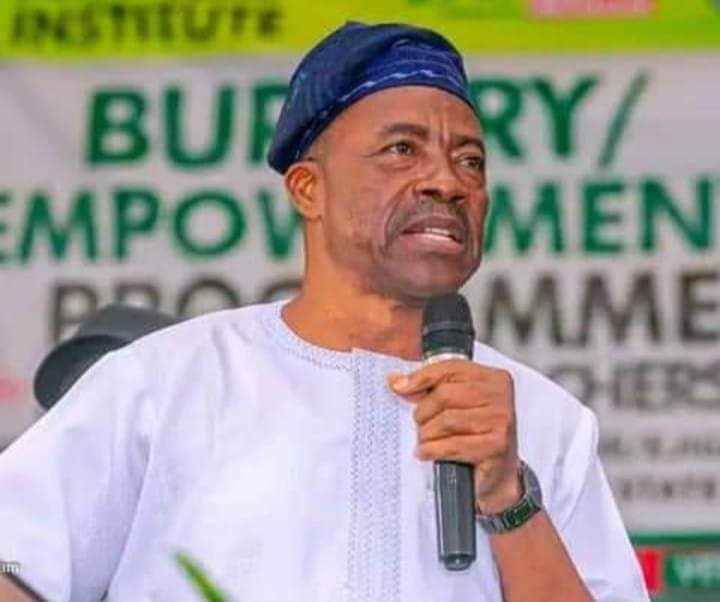The political landscape in Ife Federal Constituency, Osun State, Nigeria, has been shaken by accusations of anti-party activities leveled against prominent members of the Peoples Democratic Party (PDP). The constituency’s PDP chapter passed a vote of no confidence in the state’s Deputy Governor, Kola Adewusi, a former National Secretary of the party, Professor Wale Oladipo, and the Ife East Local Government PDP chairman, Olasunkanmi Makinde. The core issue revolves around the defection of Bimbo Ajilesoro, the member representing Ife Federal Constituency in the House of Representatives, from the PDP to the All Progressives Congress (APC). The constituency’s PDP leadership alleges that Adewusi, Oladipo, and Makinde have maintained close ties with Ajilesoro despite his defection, a move they consider detrimental to the party’s interests.
The accusations of anti-party activities stem primarily from the perceived continued association between the accused PDP leaders and the now-APC representative. The PDP constituency members view this association as a betrayal of party loyalty and a tacit endorsement of Ajilesoro’s defection. The communiqué issued by the constituency explicitly expresses “disappointment” with the “continued fraternity” between the accused leaders and Ajilesoro, suggesting that their actions undermine the party’s unity and cohesion. This alleged fraternization is considered particularly damaging given the context of Ajilesoro’s departure with the “mandate freely given to him by our people,” highlighting the perceived breach of trust involved in his defection.
Adding fuel to the fire is the alleged victimization of PDP members who have openly distanced themselves from Ajilesoro following his defection. The constituency leadership claims that loyal members like Lawrence Omotosho, Adeyinka Adeniji, Yakubu Olawusi, and others, have been removed from government and party positions for their stance against Ajilesoro. This alleged purging of dissenting voices within the party further strengthens the perception of anti-party activities by those accused of maintaining ties with the defected representative. The halting of party meetings in Ife East Local Government, attributed to the accused leaders, is seen as further evidence of their efforts to stifle dissent and weaken the party’s activities in the area.
The vote of no confidence signifies a deep rift within the PDP in Ife Federal Constituency. It reflects a growing distrust among party members and highlights the perceived betrayal by those seen as aligning themselves with the opposition. The accusations against high-profile members like the Deputy Governor and a former National Secretary underscore the seriousness of the situation and suggest a potential power struggle within the party’s ranks. The constituency’s decision to publicly censure these leaders indicates a determination to address what they perceive as a threat to the party’s future in the region.
However, the accused individuals have vehemently denied the allegations. Professor Oladipo dismissed the claims as baseless, characterizing those making the accusations as “jesters.” He questioned the logic of the accusation, framing the interaction with Ajilesoro as unavoidable social contact within the Ife community. This stark contrast in perspectives underscores the deep divisions within the party and suggests a long and potentially messy internal conflict. The differing narratives highlight the need for thorough investigation and reconciliation efforts to address the underlying issues and prevent further fragmentation within the party.
The unfolding events in Ife Federal Constituency represent a microcosm of the larger political dynamics at play in Nigeria. Party defections are a common occurrence, often driven by personal ambitions and shifting political alliances. The resulting internal conflicts and accusations of anti-party activities can significantly impact a party’s cohesion and electoral prospects. The situation in Ife Federal Constituency serves as a reminder of the challenges faced by political parties in maintaining unity and discipline amidst the ever-shifting landscape of Nigerian politics. The fallout from this vote of no confidence remains to be seen, but it undoubtedly signals a period of uncertainty and potential upheaval within the PDP in the region.


